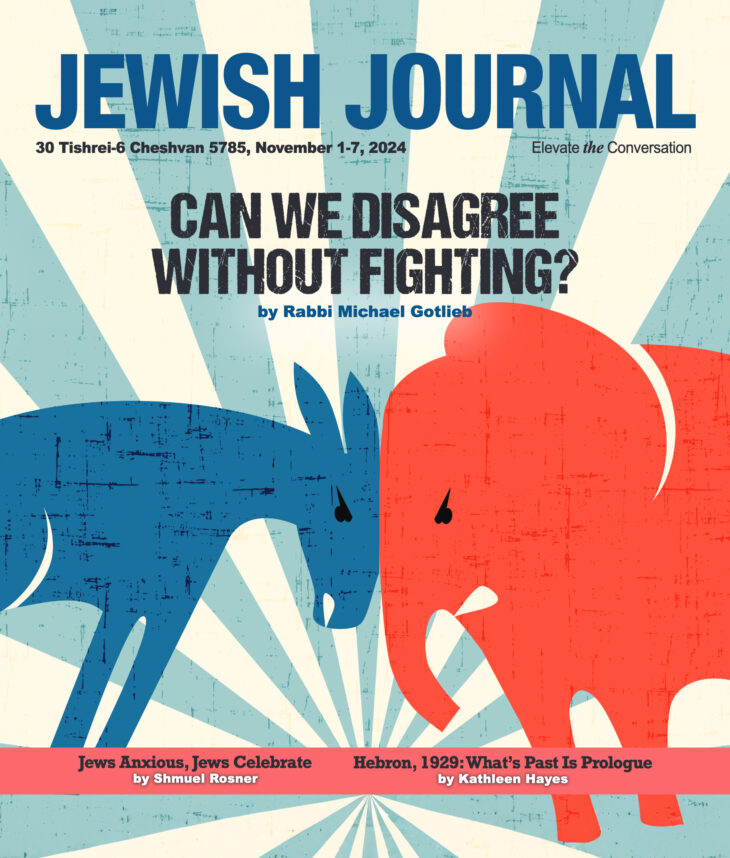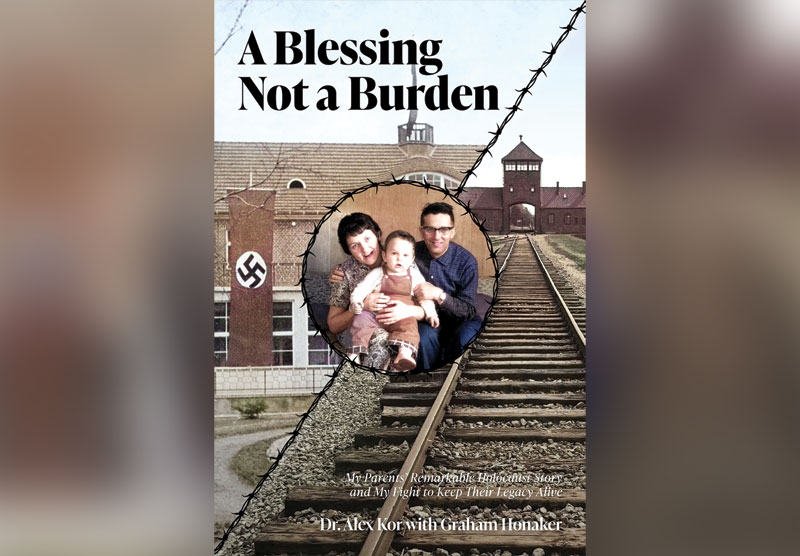Opening the gate to gay marriages in California was unavoidably as much a religious story as it was a legal one.
But just how religious folk feel about same-sex marriage, well, as this LA Times article demonstrates, that depends on who’s being asked:

Richard Mouw
“Homosexual intimacy is out of bounds. It’s not what God created us for,” said Richard Mouw, president of the evangelical Fuller Theological Seminary in Pasadena.
Mouw cites Romans 1 in the New Testament that decries men and women abandoning “natural relations” and men “inflamed with lust for one another” committing “indecent acts with other men”—behavior that carried death as punishment.
“Sexuality within the context of marriage is the order of creation,” he said.
Muow is a respected figure in the evangelical community, like a thinking-man’s Pat Robertson if Robertson really were relevant. But, clearly, his words mean little to the non-like-minded. Which prompted Mouw to muse on his blog about the role of Scripture in public policy.
The basic rule for understanding the present-day relevance of Old Testament prohibitions for the New Testament church is whether the New Testament reaffirms what we find in the Old. And I take it as obvious that the first chapter of Romans does reaffirm the prohibition against same-sex intimacy. This is turn reaffirms the more general teaching of the Old Testament about God’s creating purposes—what is “natural”—for human sexuality.
In the debates about public policy, however, I know that I cannot simply quote Scripture or cite ancient theologians in order to defend my position. I do not believe that everything that is declared sinful in the Bible ought to be decalred illegal in contemporary pluralistic societies. Here we enter a more pragmatic arena where we need to explore with our fellow citizens whether we have any common assumptions about what makes for a healthy society, and whether we can then figure out a workable arrangement that can accommodate our respective moral convictions.
Mouw goes on to say his “worries are variations on the old slippery-slope concern.”
Suppose, after five years of legal same sex unions three lesbians insist that their three-way relationship should be given the same legal status. (A case like this has actually come up in the Netherlands.) Or suppose the claim is made on behalf of, say, a forty year old man and a 13 year old boy …
Possibly to the dismay of my gay friends—actually, I doubt they care what I think God thinks—I agree with Mouw’s reading of the book of Romans. I understand homosexual behavior to be one looked down upon by God. So too is gossip and gluttony and arrogance and avarice. But there are very few sins for which God’s children are generally treated as others and outsiders.
What disappoints me about Mouw’s “slippery-slope” statement is that he essentially uses a weak premise to foretell tolerance of NAMBLA. Yes, the California Supreme Court has forever changed the definition of “marriage.” But the beginning of the end? I doubt it.
(Hat tip: My now-retired college pastor, Rhett Smith)





















 More news and opinions than at a Shabbat dinner, right in your inbox.
More news and opinions than at a Shabbat dinner, right in your inbox.